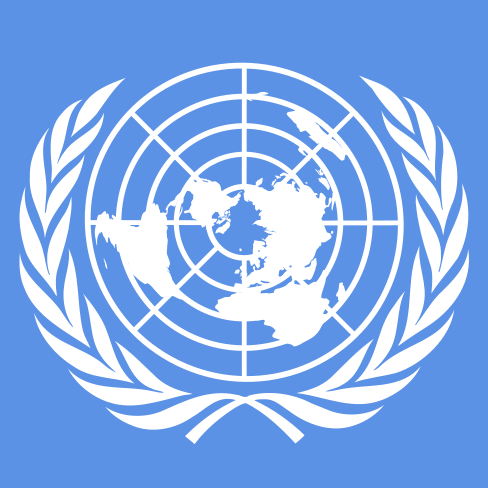
UN reform and NATO transformation: the missing link

In
From NATO’s perspective, Kofi Annan’s report “In Larger Freedom: Towards Development, Security and Human Rights for All” at first sight seemed hardly relevant.
In dealing with regional organizations, it nowhere explicitly mentioned the North Atlantic Treaty Organization (NATO). This was all the more surprising because Annan thus bypassed NATO’s active involvement in the implementation of a number of post-conflict peace-building settlements, based on UN Security Council resolutions, in areas such as Kosovo, Afghanistan and Iraq. In the weeks after the publication of Annan’s report, NATO’s Secretary-General, Jaap de Hoop Scheffer, on several occasions expressed his support for his UN counterpart’s reform package. In a keynote address in Brussels, among others, he argued that ‘NATO will increasingly act in concert with other institutions’, including the UN, pointing at NATO’s cooperation on the ground in the Balkans and Afghanistan, while adding:
“However, we need to raise our sights beyond ad hoc cooperation on the ground. We need structured relationships at the institutional level as well – to coordinate strategically, not just cooperate tactically. We need to establish such relationships with the UN.”
In this context, he referred to his address to the Security Council in 2004, the first ever by a NATO Secretary-General, saying ‘Kofi Annan’s recent proposals for UN reform provide further opportunities for fresh thinking’. However, it is hard, not to say impossible, to find any ‘fresh thinking’ on the relationship between the UN and NATO in Annan’s report. One could even argue that the same holds true for the broader issue of the relationship between the UN and regional organizations. On the one hand, Annan recognized in his report that ‘a considerable number of regional and sub-regional organizations are now active around the world, making important contributions to the stability and prosperity of their members, as well as of the broader international system’. NATO had played a key role in this development, given its involvement in the wars in the Balkans in the 1990s. The notion, however, was not further elaborated by Annan. On the other hand, the only recommendation that he made with respect to regional organizations was to create ‘strategic reserves’ in support of the UN, aimed at improving the UN’s deployment options for ‘peacekeeping’. Notwith-standing Annan’s call for ‘a decisive move forward’, his recommendation for the establishment of ‘an interlocking system of peacekeeping capacities’ was but a small step compared to the calls, in recent years, for further clarification and formalization of the relationships between the UN and regional organizations, and has nothing to do with the kind of fresh thinking about which de Hoop Scheffer was talking.
It is against the broader background of evolving relationships between the UN and regional organizations that this paper analyses the relevance for NATO of Kofi Annan’s report “In Larger Freedom”, in an extremely dynamic environment in which the UN and NATO, since the 1990s, have developed their operational cooperation in the field, in different formats (politically, militarily, legally and conceptually), in areas such as the former Yugoslavia, Kosovo, Afghanistan, Iraq and Darfur.
(Photo credit: Wikimedia Commons)